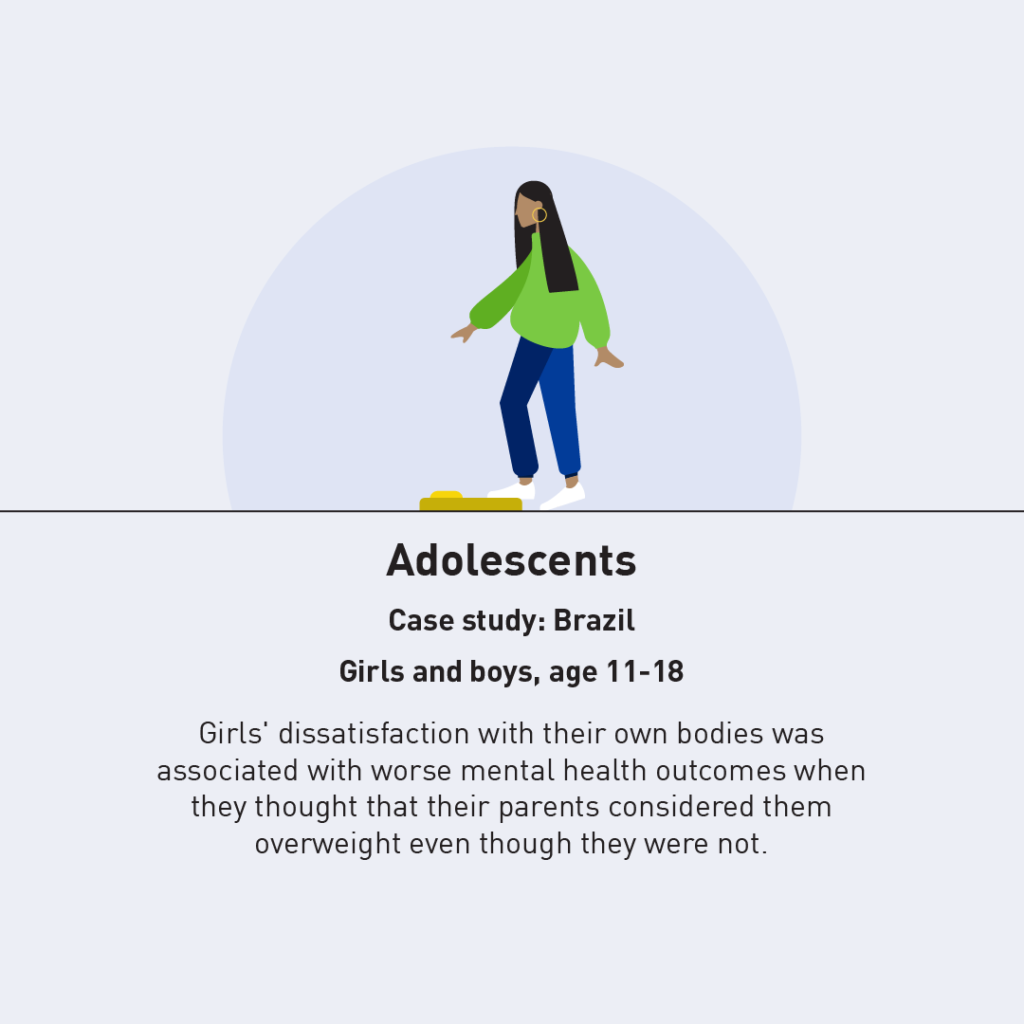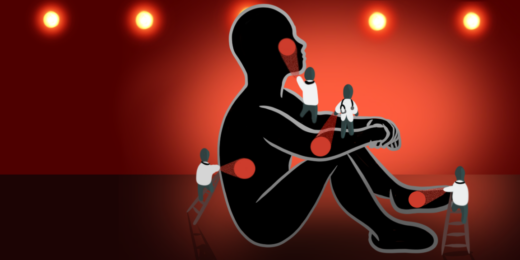Restrictive gender expectations hurt everyone's health, and understanding how this happens is the first step toward improving the situation around the world, according to a new series of papers published in The Lancet.
The five papers address the health-damaging effects of gender inequality, as well as the harms caused by norms restricting acceptable behaviors of men, women and gender minorities. The papers encompass the entire lifespan, draw on data from many regions of the world, and show health harms not just for women and girls but also for men, boys, and people who do not meet traditional gender expectations.
"What these Series papers make clear is that there is almost no aspect of health and health care that isn't affected by gender norms," wrote philanthropist Melinda Gates in an editorial accompanying the series. The series was funded by the Bill & Melinda Gates Foundation and by the United Arab Emirates government, and was led by Stanford global health expert Gary Darmstadt, MD.
"We really want to stimulate a new conversation," Darmstadt said, in a podcast interview with Stanford Medicine's 1:2:1 podcast host Paul Costello. "This is not about victims and perpetrators. It's not about men versus women. It's really about all of us. All of us have a responsibility, because we're part of the systems that uphold these injustices ... we need to come around it together."
The series catalogs many ways that gender and health intersect. Some highlights:
- Around the world, certain diseases affect many more women than men, and vice versa. Some differences are explained by biology, but many health disparities arise from gendered expectations around behavior. For instance, many more women and girls experience eating disorders; more men and boys are harmed by interpersonal violence and alcoholism.
- Gendered jobs may carry health risks: in developing countries, more women than men die of Ebola, likely because of their predominance in paid and unpaid nursing and caregiving, while, around the world, more men die of lung disease after working in mining.
- The health impact of gender norms begins early and intersects with other aspects of culture. For instance, in some communities in Ethiopia, parents are less likely to seek medical care for pneumonia, fever or diarrhea symptoms in young girls than boys, a relationship moderated by the predominant religion in the areas surveyed.
- Gender norms interact with health in powerful ways during adolescence. Data from both South Africa and Brazil showed that teen girls were more harmed than boys by others' negative opinions of their bodies. Girls were more likely to diet and to experience mental health problems linked to body image.
- U.S. teenagers' degree of compliance with gender norms was linked to many health-related behaviors. Both boys and girls who adopted more masculine behavior were likelier to use drugs, be physically attacked, engage in delinquency and suffer depression. Both boys and girls who adopted more feminine behaviors were at risk for weight-loss behavior. Girls whose behaviors were extremely masculine or extremely feminine were at greater risk of depression and suicide than their peers whose behaviors fell in the middle of the spectrum.
- Only about one-third of doctors around the globe are female. Countries with a greater share of female physicians have lower maternal and infant mortality rates, as well as greater life expectancy for everyone. These countries also have more doctors per capita, possibly implying that when everyone can pursue careers in medicine, regardless of their gender, the population benefits as a whole.

Darmstadt said he hopes the series will help public-health experts understand the value of addressing gender inequalities and working to change restrictive gender norms.
"Discrimination based on gender, just as for race, for example, literally gets under your skin. It literally creates changes in your biology that result in impacts on your health," he said in the podcast. "We're really hoping that people recognize that and begin to take action."
Photo by Abigail Keenan




